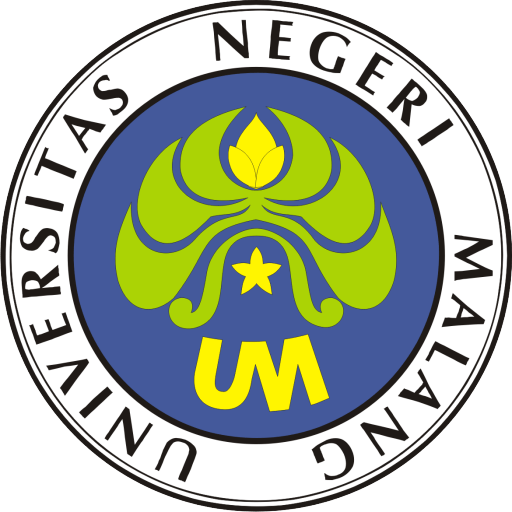THE EFFECT OF SOCIAL-ECONOMIC FACTOR AND DEMOGRAPHY TOWARD CHILD LABOR PRODUCTIVE ACTIVITY PARTICIPATION IN KOTA MALANG / KABUPATEN MALANG (AS AN EFFORT TO REDUCE HOUSEHOLD ECONOMIC BURDEN)
Budijanto
Lecturer from Faculty of Social Science Malang State University
Abstract: The economic stucture of society relies on service sector (commonly on industrial labor) and informal sector. In such economic structure, it forces parents to expect their children participating to work in order to reduce household economic burden. At the other side, the increasing amount of new industries in this area as well as an expansion of urban area cause a narrower and narrower farmland ownership among society in peripheral area, then make an increasing child labor productive activity participation. This research aims to recognize how far the child productive activity paticipation support household economic. The research results shows that child education, age of child labor, income of child labor, and amount of the aconomic burden have significant correlation toward child labor productive activity participation; whereas, parent education and child gender do not have any significant correlation toward child labor productive activity participation. The effective contribution weight of those six independent variables is 67.37%. The highest contribution weight is provided by child labor income variable; and the lowest comes from parent education.
Keywords: Social-economic, demography, and child labor produktive activity.

